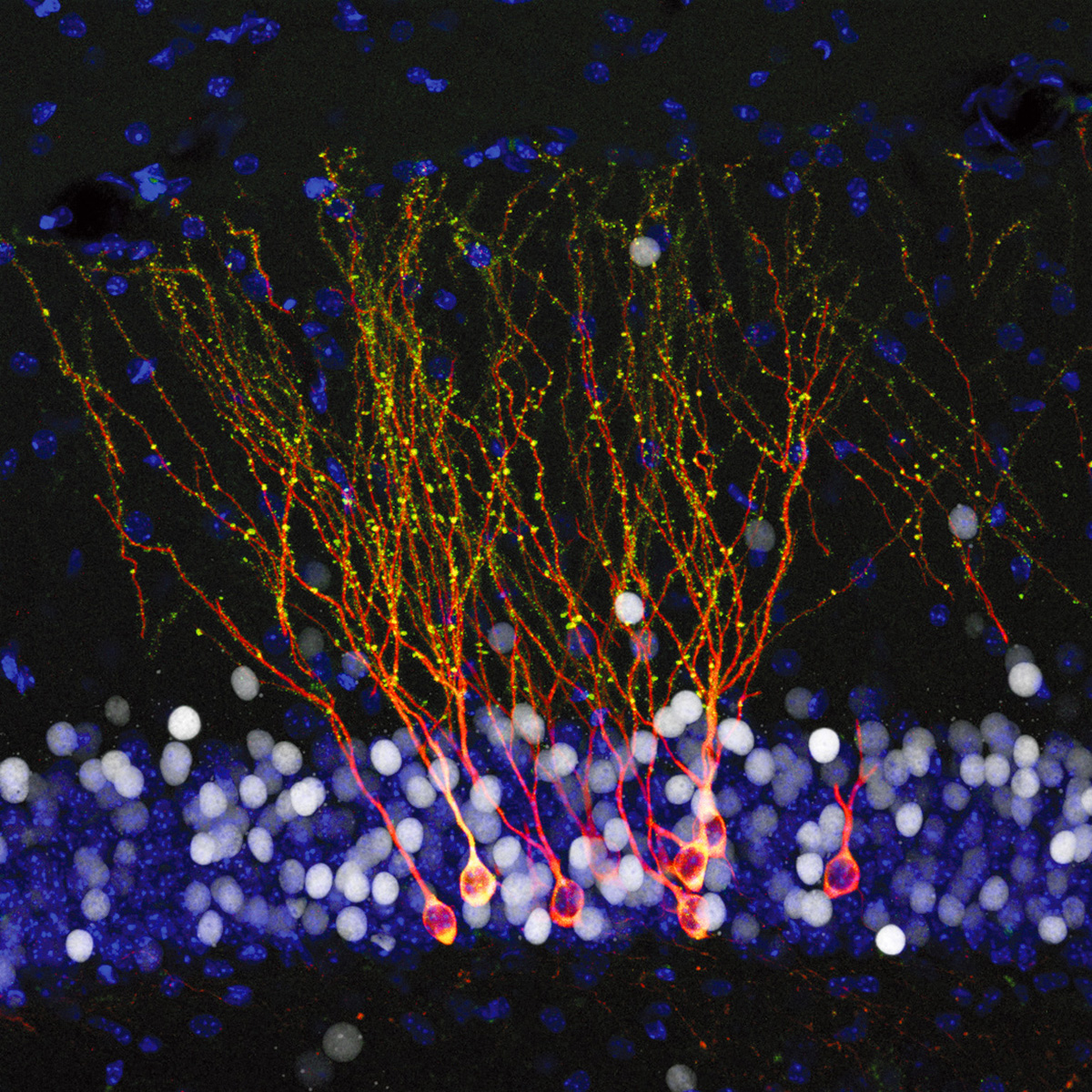
Motor neurone disease (MND) most likely strikes on people 50-70 years old. It usually starts between the ages of 50 and 70 but may occur at any age, more likely that can affect more men then women. Many researches prove that an effective treatment for MND might not be found yet, because there is no cure for this condition, and treatment depends of how symptoms progress.
MND
If brain sends instructions in a form of electrical impulses to motor neurones, a nerve cells, to muscles, which are handling voluntary movement of legs and mouth, MND disease step by step smashes nerve cells, which causes weakness and muscles wasting. A 3 main types of MND exist, that is according to which groups of nerves are affecting.
Progressive muscular atrophy (PMA) PMA causes muscle twitching and weakness. About quarter of all people affected with MND has PMA. Progressive bulbar palsy (PBP) Decreases the ability to speak and swallow. Quarter of people with MND has PBP. Amyotrophic lateral sclerosis (ALS)ALS affects muscles: the condition makes muscles weak and stiff. About half of MND patients have ALS.Different speed of developing of MND depends individually on different manners. First sign of disease is fatigue and light muscle problems, similar to a weak grip. The condition starts with symptoms usual for some other diseases as well: symptoms like constipation, muscle cramps or spasms of muscles, pain, stiff joints, hard swallowing of saliva, coughing, depression or problem with breathing etc...
Some MND patients have certain level of intellectual blockages or alter personality as well.
MND condition do not interfere with sexual activity, hear and eye muscles, also senses like taste, touch, sight or hearing, and bowel or bladder control. But as condition develops there are following problems:
patient may get pneumoniapatient has a hard time to speak or swallowpatient has an arm muscle weakness or neck weaknessdisease make patient to cry or laugh without controlpatient can not breath properlyIf the MND medical condition appears out of the blue and it is not inherited condition, it is called sporadic MND. Neurologists diagnose MND by symptoms, by first, ruling out some other neurological conditions. There are tests to diagnose MND; a magnetic resonance imaging (MRI), an electromyelogram (EMG), transcranial magnetic stimulation (TMS) and a nerve conduction tests.
Treatment
Medicine for MND (motor neurone disease) in UK is riluzole (eg Rilutek), the drug slows down in developing of disease. And there is also a mask ventilator system (small and handy machine) to lay on the face at night: it is proved to slow down developing of MND for few months.
All the help regarding the condition of patient may be available at the Motor Neurone Disease Association. There are therapies that may help reduce stress and anxiety relating the condition of MND: occupational therapists or physiotherapists may be useful to address the condition as well.
There are also few other newer medications available that are affecting on: microglia and astrocytes for different types of brain cell, a TDP-43protein, faulty genes that are causing MND development and stem cells to alter into a wanted cell.


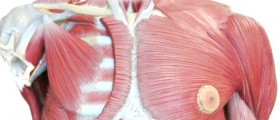
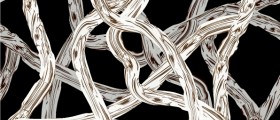
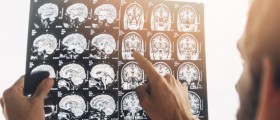







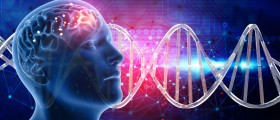

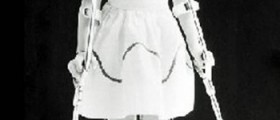
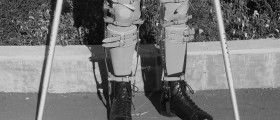
Your thoughts on this
Loading...